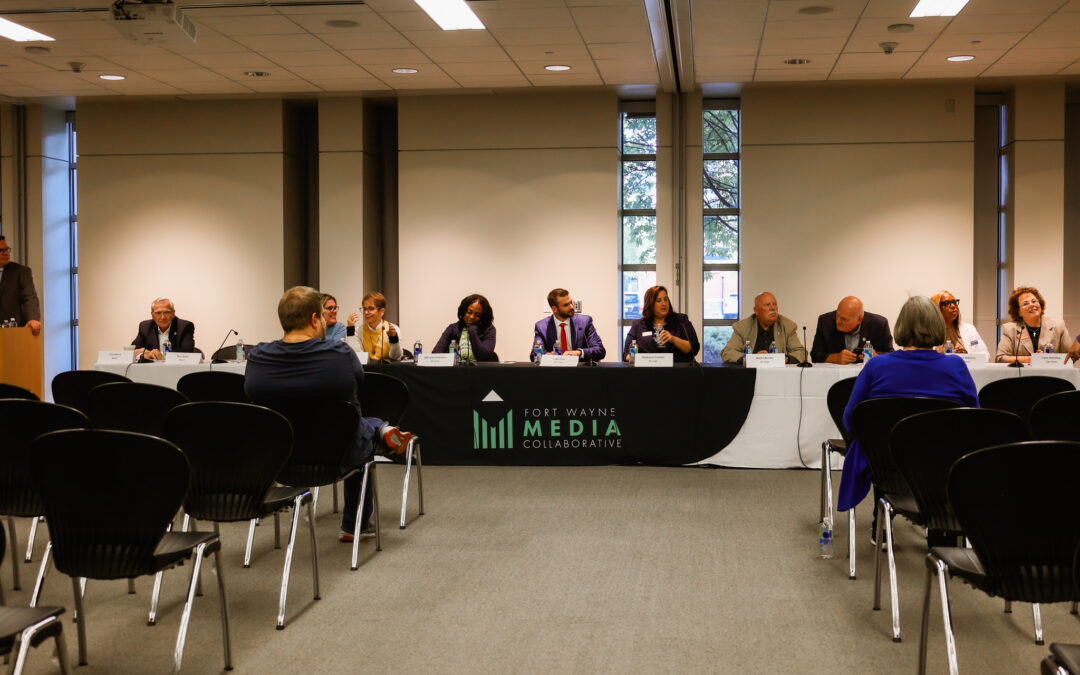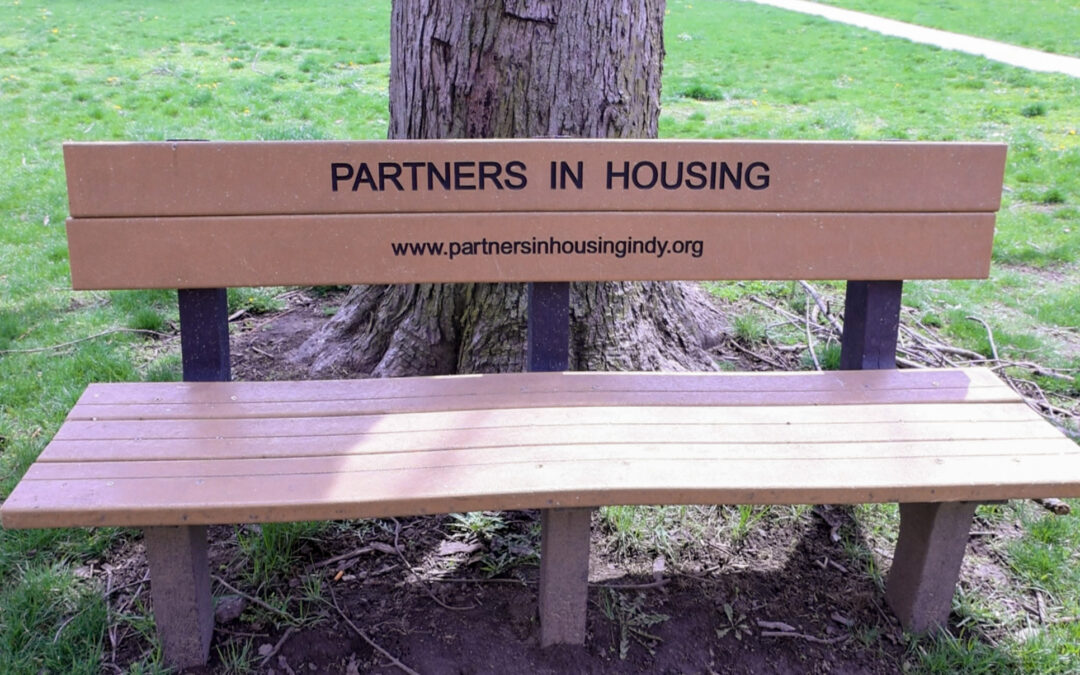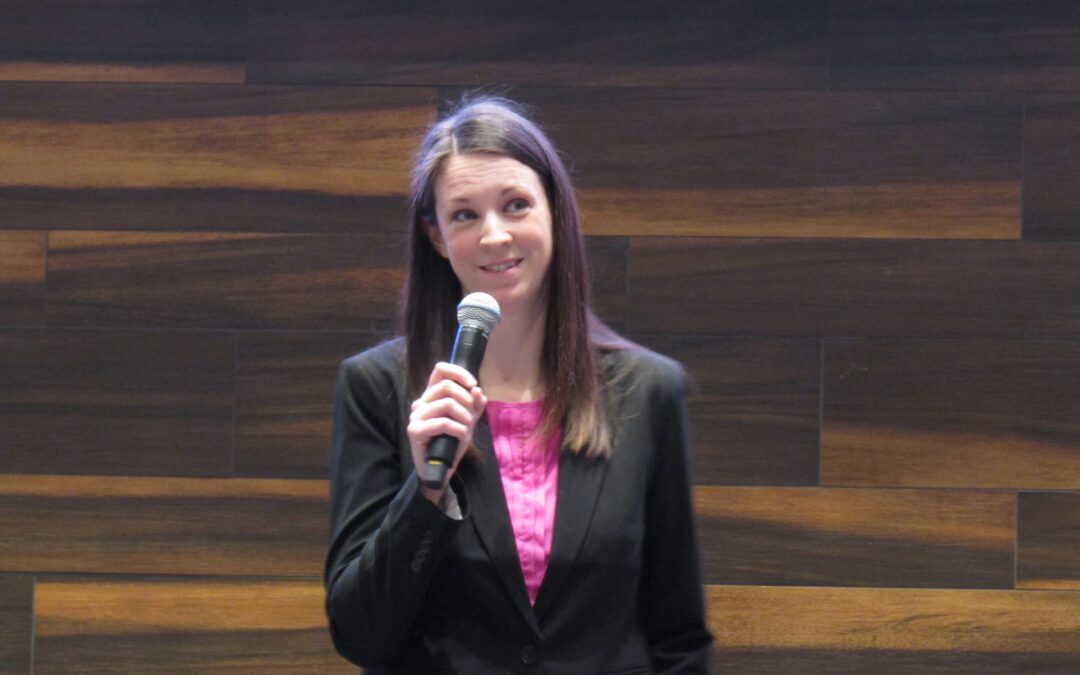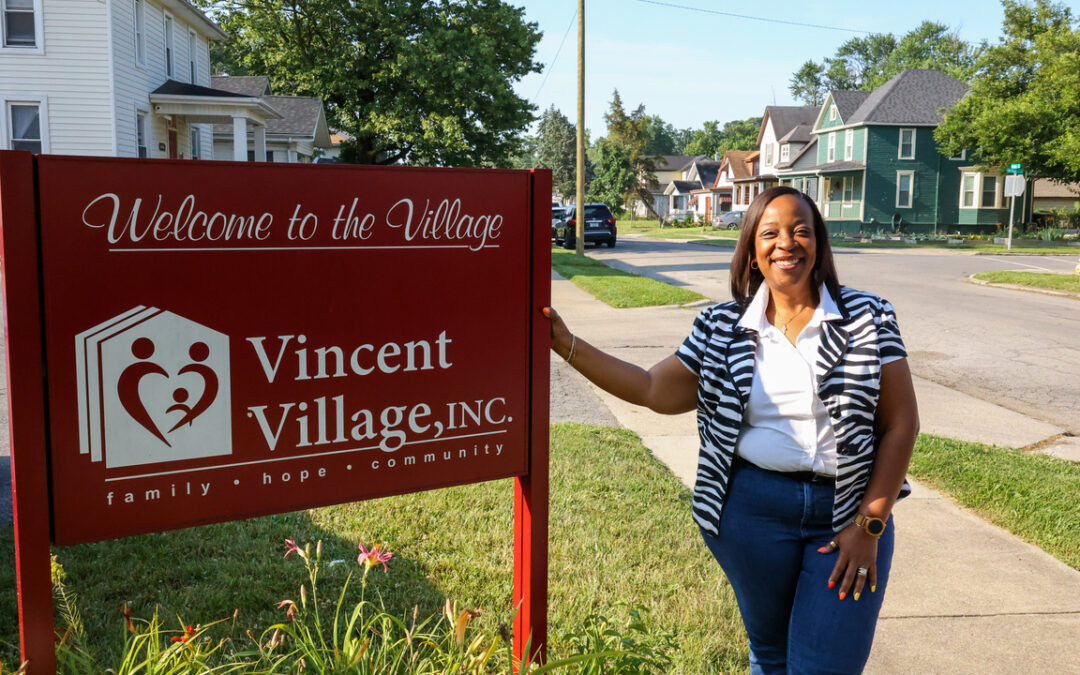https://youtu.be/6XO8zWrwZZM Kheprw is a nonprofit organization based in Indianapolis that’s taking an active role in creating affordable housing options for residents by starting a Community Land Trust there. Their strategy is to develop community leaders who can move their CLT project forward and help address some of the inequalities in wealth that have influenced who can afford housing and who cannot. With Indianapolis’ eviction rate soaring to #8 in the US according to the latest numbers out of evictionlab.org, this type of strategic thinking on the part of nonprofits is needed to help provide residents with affordable, long-term housing solutions. A conversation with Alvin Sangsuwangul and Gabi Lorino. For more information, visit kheprw.org For more information, visit...
KHEPRW Creating a Community Land Trust
https://youtu.be/ZezpeGFx67A How can a community come together to create affordable housing? This video tells the story of different forces that came together in Indianapolis to help start a community land trust. Many factors need to be considered when setting up a nonprofit, finding funding, and developing places where affordable housing such as a CLT can go from idea to reality. A conversation with Alvin Sangsuwangul and journalist Gabi Lorino. For more information, visit kheprw.org For more information visit fwmediacollaborative.com Paid for by the Fort Wayne Media Collaborative.
KHEPRW Community Land Trusts Benefits and History
https://youtu.be/G9IzjtXTzJw How did housing inequality come about, and what can be done to help people obtain affordable housing in the future? This discussion of Indianapolis’ community land trust and what it aims to create for residents there provides a look into the history of housing in the US as well as the benefits of Community Land Trusts. A conversation with Alvin Sangsuwangul and journalist Gabi Lorino. For more information visit kheprw.org For more information visit fwmediacollaborative.com Paid for by the Fort Wayne Media Collaborative.
Creating the Indianapolis Community Land Trust: A conversation with Alvin Sangsuwangul of KHEPRW
https://youtu.be/oqZp_v76Jng A conversation with member of Kheprw leadership team, Alvin Sangsuwangul, and journalist Gabi Lorino as they discuss the creation of the Indianapolis community land trust and how it is coming together. For more information, visit kheprw.org For more information, visit fwmediacollaborative.com

Fort Wayne Local Candidate Forum 2023
https://youtu.be/P3PB2CD1vnQ Hear what the candidates on your ballot have to say about their goals for the future of the city of Fort Wayne, Indiana. This local candidate forum took place at the Downtown Allen County Public Library on October 7, 2023. For more information, visit fwmediacollaborative.com Paid for by the Fort Wayne Media Collaborative.

FORT WAYNE CITY GOVERNMENT CANDIDATES DEBATE THE QUALITY OF LIFE
Fort Wayne Media CollaborativeWhat makes a neighborhood healthy? Did Fort Wayne’s glorious, new, sparkly downtowndeprive city neighborhoods of crucial funding they need for amenities of their own? Does the city’s 50-year-old policing system that divides Fort Wayne into quadrants need a reboot? Eleven candidates for city offices debated these issues and more at the Allen County PublicLibrary on Oct. 7 during a forum sponsored by the Fort Wayne Media Collaborative. The collaborative ismade up of seven area news organizations that have banded together to focus on the affordable housingcrisis in Fort Wayne and northeast Indiana and the development of healthy city neighborhoods. ElectionDay is Tuesday, Nov. 7. Healthy NeighborhoodsAsked for a definition of a healthy neighborhood, all 11...

INDY NONPROFIT PROVIDES SOLUTION TO CHRONIC HOMELESSNESS FOR STRUGGLING RESIDENTS
“THE SOLUTION TO HOMELESSNESS IS HOUSING.” INDIANAPOLIS - Across the board, activists, social workers, academics, and others grappling with the national housing crisis agree that helping people experiencing homelessness find permanent housing is enormously challenging. But beginning in the early 1990s, communities across the country embraced a philosophy that came to be known as “Housing First,” and began providing permanent “supportive” housing with few or no barriers to entrance, while helping clients solve the complex problems that contributed to their homeless status in the first place. In 1993, Indianapolis banker Frank Hagaman recognized that the city was filled with abandoned buildings, while thousands of residents desperately needed safe, affordable housing. Drawing on his...

Fort Wayne’s Affordable Housing Needs, Challenges, and Opportunities
“Fair housing is all about taking the stigma out of affordable housing.” Sarah Smith, Chief Operating Officer of Fort Wayne Housing Authority (FWHA), spoke at the Fair Housing Summit in April about the Housing Choice Voucher Program. The housing authority’s efforts so far include: A total of 295 landlords participate in the voucher program. Their 2,600 affordable housing units house about 6,000 people. Over half of voucher beneficiaries are children (under age 17). This means that more than 3,000 kids benefit from housing vouchers in Fort Wayne. Adults make up 47% of voucher beneficiaries. However, the demand for affordable housing has grown. “We need more. We are doing great, but we need more.” Several factors contribute to this need. The national poverty rate averages...

The View from Vincent Village
FORT WAYNE — Sharon Tucker would love to work herself out of a job. As unlikely as that is, it doesn’t mean she stops trying. Since the fall of 2021, Tucker has been executive director at Vincent Village Inc., a campus in Fort Wayne’s Oxford neighborhood. Vincent Village includes a transitional homeless shelter and 34 rental homes scattered along the streets around the shelter, rented to residents on an affordable scale. From her warmly lit office, tucked into the basement of a former church on Holton Avenue, Tucker, who is also 6th District Fort Wayne City councilwoman, has had a front row seat to the real-world effects of inflation, rising rents and the affordable housing shortage. “When the tide rises, everything rises with it,” she said. “When the housing market was booming, that was...
What’s happening with housing at Electric Works? We ask developers about affordability, artist lofts & more
Q&A with Kevan Biggs, President and Owner of Biggs Group A rendering of The Elex, a mixed-use housing development at Electric Works that will “wrap” around the West and North sides of the current Union Parking Garage, fronting on Broadway. (Courtesy) Kevan Biggs, President and Owner of Biggs Group, speaks at the Electric Works sign lighting event in January 2023. (Courtesy) The first housing development at Electric Works, known as the Elex, will wrap around the current Union Parking Garage, left. (Kara Hackett) The Elex will “wrap” around the West and North sides of the current Union Parking Garage, from the ground level up five stories. (Kara Hackett) The Elex is scheduled to break ground this summer, with completion in early 2025. (Kara Hackett) From the earliest days of...
